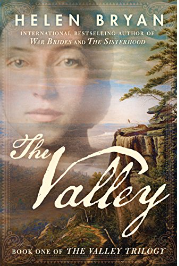Foreshadowing - good or bad?
When you are reading a mystery how much foreshadowing do you want to see? I loved the old series Columbo with Peter Falk. In the television series, the murder occurs at the beginning and you then follow Columbo around while he tries to solve it. Since you've already seen the murder you should have some advance warning of what is to come. Of course, Columbo always solves the crime but are there clues along the way which help you to help him?
If you figure out the whodunit before the protagonist are you disappointed or thrilled? Personally, if I know at the mid-point of the book who the killer is then I'm wondering why the hero doesn't too. However, I do want to have an idea of who I think did it and not be completely surprised at the end by something the author threw in at the last minute. If all of my clues lead me to believe person A did it and suddenly at the end it's person X, I might not be a happy reader.
So far I've been referring specifically to clues in a mystery but foreshadowing is used in every genre. A great example of this is used by many of the books by Nicholas Sparks. Now, I don't read romance novels as a rule but I love his writing. It's romance but he uses so many different elements I'm never bored - and judging by the number of movies made from his writing I'm not alone. In his book, The Best of Me, he uses foreshadowing to hint at what might happen. Since I don't want to give away the ending I'm not going to elaborate, but if you haven't read the book, be sure to watch for it throughout.
If it's done well you should be able to catch the foreshadowing but it will be subtle enough so that it doesn't interfere with the story but rather enhances your experience.
Can you think of some examples of this in your recent reading?
Happy trails,
Leslie


Comments
Post a Comment